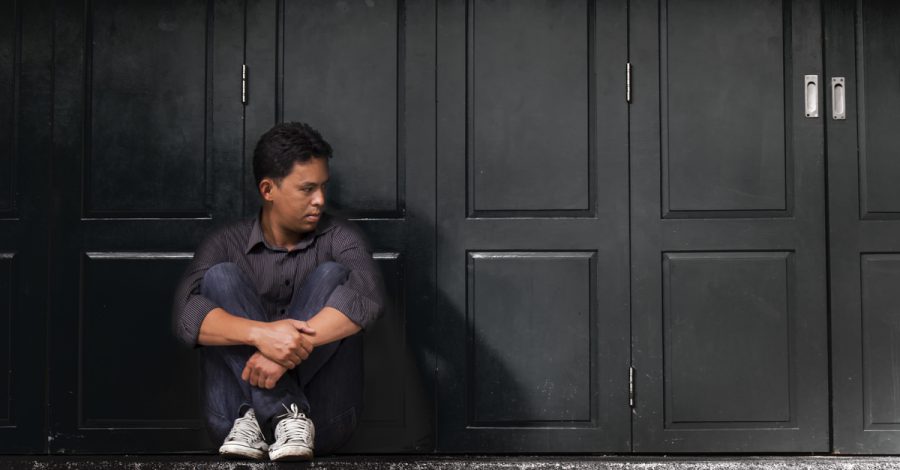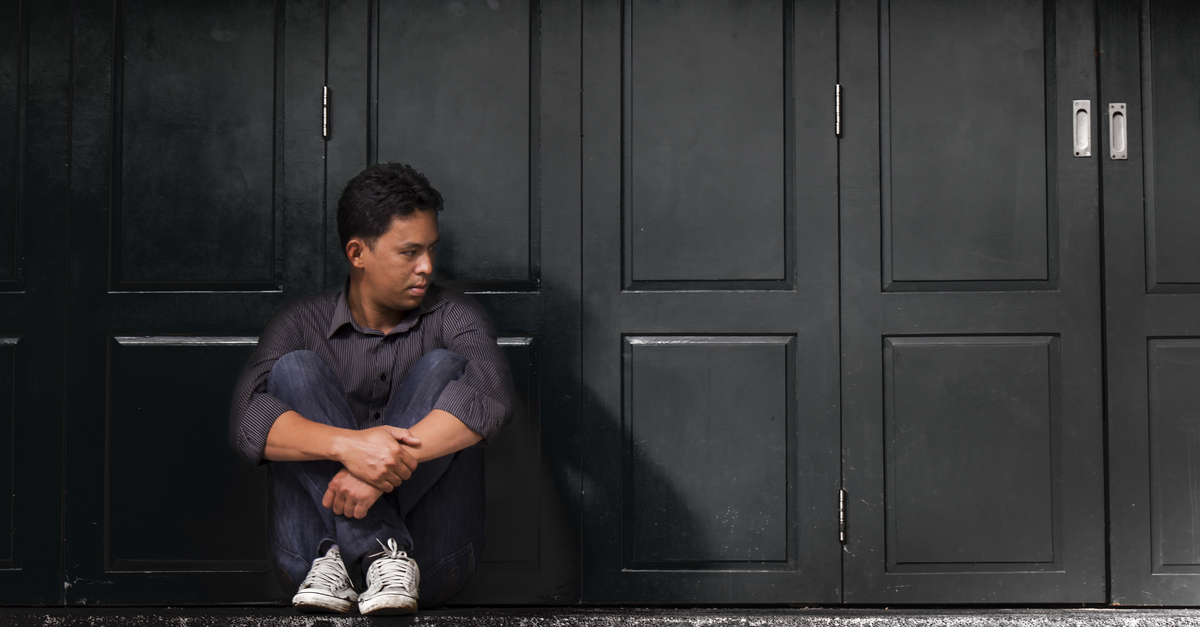ARTICLES, DRUG ABUSE & EFFECTS OF ALCOHOL. REHABILITATION
Is My Teen Using Drugs?

Suspicious your teen may be using drugs?
It’s hard to believe that your child could be using alcohol or other drugs. Many teens experiment with drugs and you need to know how to recognize the signs that they may be experiencing problems. You already know more than you think you know. Remember that you know your child better than anyone else.
It can be hard to talk about this issue with teens. If they are not using, they may feel like they are being accused, even if that is not your intention. If they are using, they may not be willing to share what is happening in their lives. You may end up arguing with your teens. But don’t give up! If you make the effort to discuss difficult topics with your teens, they will know you care. And if they feel that the lines of communication are open, they will be more likely to turn to you when they are having problems with things like relationships, school, stress or drugs.
No Good Reason Why Teens Use Drugs
For many people, alcohol and other drug use is regarded as a common and acceptable part of everyday life, even though it is dangerous for some. And adolescence is a time when teens are curious and willing to take risks, even risks related to drug use.
Different factors may put a teen at risk of using, such as stress, learning disabilities, physical, mental or sexual abuse, depression, peer pressure, a desire to fit in with other kids, a desire to try adult behaviors or low self-esteem. These factors don’t “cause” kids to use alcohol or other drugs, though, and many kids are able to deal with tough situations without using substances. But the chance that kids may turn to alcohol or other drugs increases if they are having some of the problems listed above. If they are experiencing stress, alcohol or other drugs may lead them to believe they have control of their feelings. Using can also make them feel that they are escaping reality.
What Are The Signs Of Drug Use?
Remember, you know your kids. You do not need to be an expert to detect drug use. Trust yourself to know when there is a problem. How do you know when they’re sick? What’s the number one sign? That they are not acting like themselves. Use these same skills to detect alcohol or other drug use.
Keep in mind that these changes could be due to other reasons. No one sign alone indicates drug use. Look for patterns or combinations of indicators.
Possible changes to watch for include:
- Changes in school performance.
- Changes in attitudes toward sports and other activities
- Changes in weight or physical appearance.
- Changes in eating or sleeping habits.
- Changes in friends.
- Unexpected elevation in mood and increased physical performance.
What to do if your teen is using drugs
If you suspect that your children are using alcohol or other drugs, you may feel that you need to catch them using. Perhaps you feel that you should search their room, or control their activities and friends. These are normal feelings. After all, you want them to be safe.
It is much more helpful to talk with your children about the changes you have observed. Tell them the differences you see between the way they used to behave and the way they behave now. Try not to judge them. Stay focused on their behavior. For example, saying “You used to be considerate!” may seem like a personal attack. If you concentrate on the behavior you are observing, you will be less likely to hurt or offend them. For example, “You used to call when you were going to be late and you don’t anymore. Would you be willing to do that again?”








